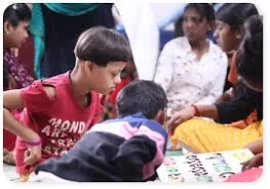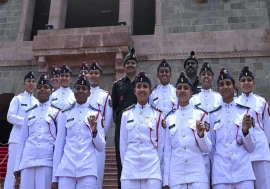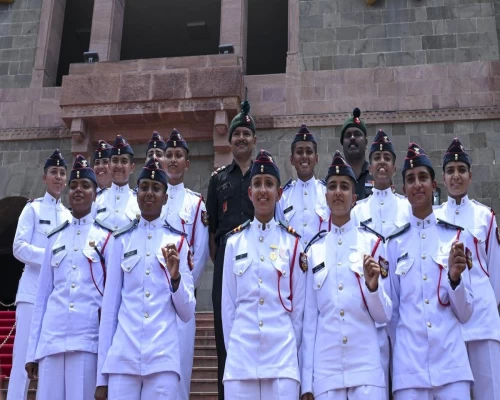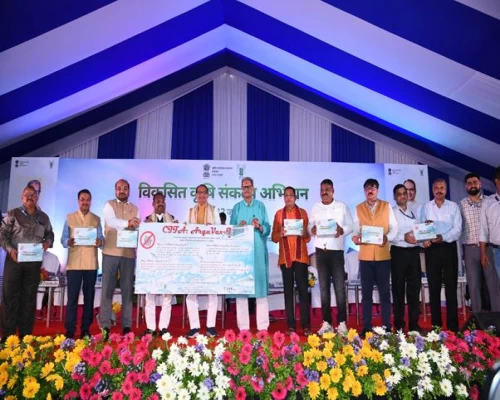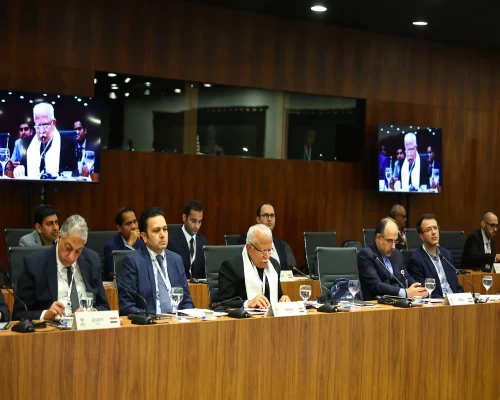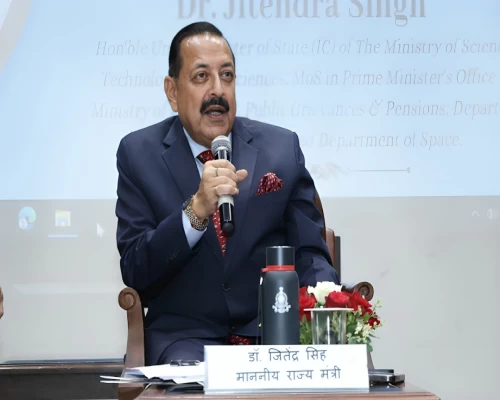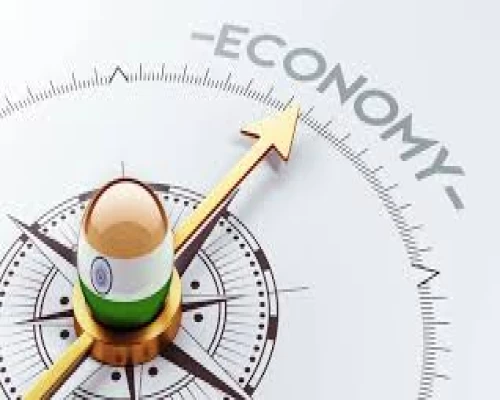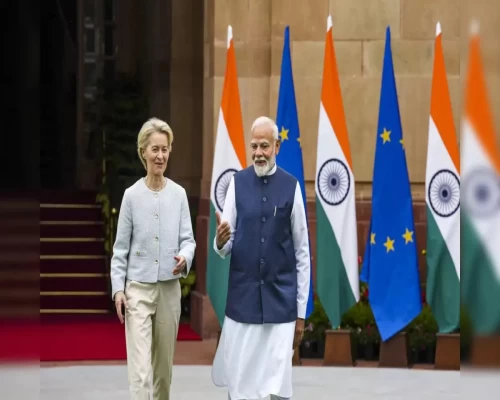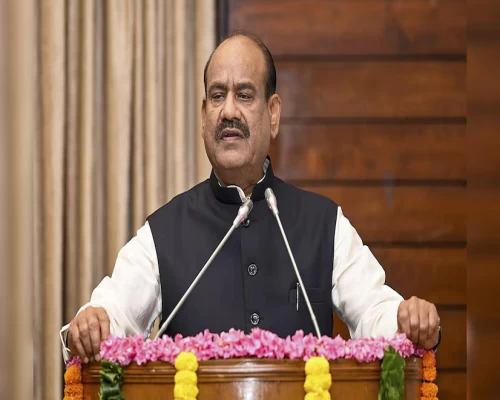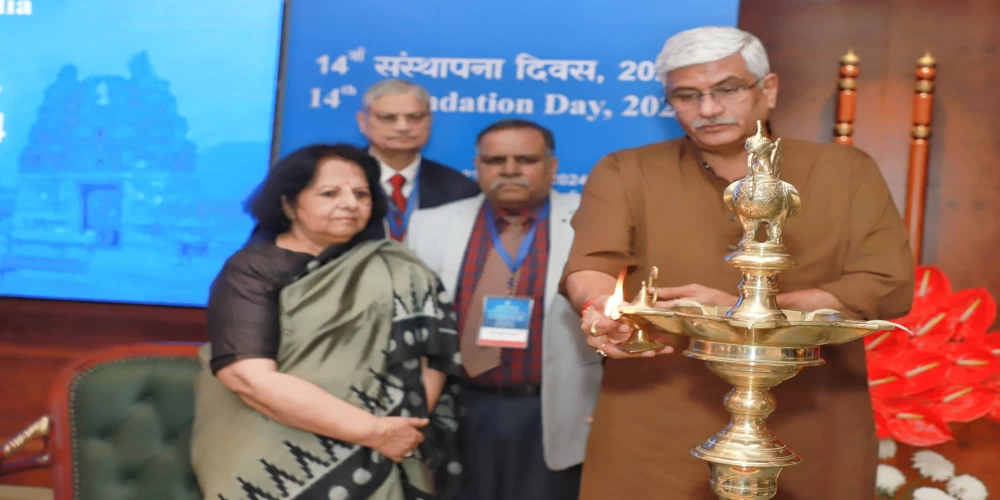
New Delhi: Union Minister of Culture and Tourism, Gajendra Singh Shekhawat has emphasised that India’s cultural power provides a distinct edge in today’s competitive world, where technological, economic, and strategic strengths often dominate. He highlighted that this cultural power not only enhances India’s global standing but also helps preserve its cultural heritage with dignity, offering the nation a renewed identity. In this context, the Minister stressed the importance of adopting a scientific approach to heritage conservation, ensuring minimal disruption to citizens’ daily lives. He was delivering the inaugural address at the 14th Foundation Day function of the National Monuments Authority (NMA), a statutory body under the Ministry of Culture, at Bharat Mandapam, New Delhi.
Gajendra Singh Shekhawat remarked that the 200 years leading up to 2014 were marked by a systematic effort to undermine the rich heritage of India. He pointed out that during this period, efforts were made to convince Indians that their art, culture, architecture, science, and knowledge were inferior to Western traditions.
The Minister stated, “Over the last 10 years, under the leadership of our Prime Minister, both the development of the nation and the preservation of our heritage have been prioritized. This has led to a global recognition and respect for India’s cultural heritage". He further emphasised that the renewed focus of the government on heritage conservation, alongside the enhancement of the nation’s prestige, has positively shifted public perception towards the importance of preserving India’s rich cultural legacy.
The Union Minister was joined by the Professor Kishor K. Basa, Chairman of the National Monuments Authority, along with other NMA members, senior officials from the Ministry of Culture, the Archaeological Survey of India, and other dignitaries at the inaugural session of the function. During the event, the Minister also released the Annual Report 2023-24 of the NMA, which provides a comprehensive overview of the Authority’s mandated activities for the year. This marked the first such publication by the NMA. The report highlights that, to date, the NMA has laid 55 Heritage Bye-Laws (HBLs) covering 98 Centrally Protected Monuments in Parliament. An additional 53 HBLs covering 57 more Centrally Protected Monuments have also been approved. Furthermore, the NMA has been a leader in harnessing Information Technology to streamline the process of issuing permissions for construction activities in prohibited or regulated areas around Centrally Protected Monuments. This is part of the Central Government’s “Ease of Doing Business” initiative. One of the significant advancements in this area is the implementation of the NMA Online Application Processing System (NOAPS) portal. The portal integrates cutting-edge technology from ISRO through its SMARAC mobile app, which utilizes color-coded zonal maps of Centrally Protected Monuments, facilitating efficient management and monitoring of construction activities.
Shekhawat acknowledged that the NMA has achieved significant milestones in its fourteen years of operation. He expressed confidence that the Authority would continue to build on these successes, further strengthening India’s heritage management system. The Minister emphasised that NMA's efforts have laid a solid foundation, and with continued progress, it will play a pivotal role in preserving and promoting the nation's cultural legacy for future generations.
BI Bureau


